McKinstry’s David Ramsey on Renewable Energy Innovation

“One of my favorite parts of my job is presenting a solution to a client — that moment when they understand the opportunity and get excited about it.”
David Ramsey is a senior building energy engineer in Little Rock and has been with McKinstry since 2022. Learn more about David’s work and how his contributions are helping us bring innovative renewable energy solutions to our clients.
Learn More About David’s Experience
I started my career as an energy engineer. In that role, I implemented energy efficiency programs for utilities and learned a lot about energy auditing, data analysis, and how to approach unique problems with unique solutions.
I joined McKinstry about a year ago, and I’ve really enjoyed being in a client-centered position and helping customers for the life of their building. As a senior energy engineer in renewables, I support the development of solar and battery storage projects.
Sometimes we see success as high-margin and high-revenue projects, but that’s more of a result than a primary goal. For me, success involves identifying our client’s needs and criteria for success and developing a solution to meet their goals.
When we focus on understanding the client’s criteria for success, we can advise and propose a solution that’s unique to their needs with fewer changes along the development and installation process. If a client’s goal is carbon reduction, we might want to electrify all their energy uses before implementing solar to achieve that 100% offset and reduce carbon emissions. If a client’s goal is resiliency, we might propose a battery storage system. If it’s cost savings, we might recommend a smaller solar array that offsets higher utility cost accounts.
One of my favorite parts of my job is presenting a solution to a client — that moment when they understand the opportunity and get excited about it. A coworker and I recently attended a quorum court meeting in Arkansas where we presented several opportunities, including solar. The ten Justices of the Peace (JP) were engaged and asked so many questions — some faster than we could even answer. One JP asked a question that was answered earlier the presentation, and before I could address their question, another JP answered it exactly like I would have. Engagement like that is amazing, especially when we see the client’s enthusiasm about a proposal we’re bringing to them.
It’s important to start with self-education. If we learn about the effects of our actions and their environmental impact, we’ll be more motivated to seek out solutions and change our behavior. If we start out focused on the solution, it may not result in a long-term commitment because we don’t know why we’re implementing a certain change.
I recommend narrowing down your research to a few topics of interest you can have an impact on. There are thousands of environmental issues from ocean pollution to space debris, and you don’t have to know everything about everything, or even a little bit about everything. Choose an area you’re interested in learning more about, especially an area you have control over. For example, learning about space debris is fascinating, but I’m not in a position where I’m able to make a direct impact on that issue. It’s important to be educated on complex issues, but I also suggest focusing your attention on issues closer to home, like consumption habits and waste disposal.
I’m proud to be working with the Houston Metropolitan Transit Authority on their climate action plan. This is their pilot project for solar, so they’re learning a lot in the process as they begin to transition their bus fleet to electric. They’re taking ownership of their climate action plan by purchasing renewable energy credits to reach their renewable energy targets, and we’re giving them a path to own their own solar arrays and energy generations. We’re developing a solar and battery storage project that will help achieve their resiliency goals, which will support their solar system and electric buses in the event of a major grid failure. This microgrid system is one of the company’s first of its kind, so it’s sort of a pilot for us too.
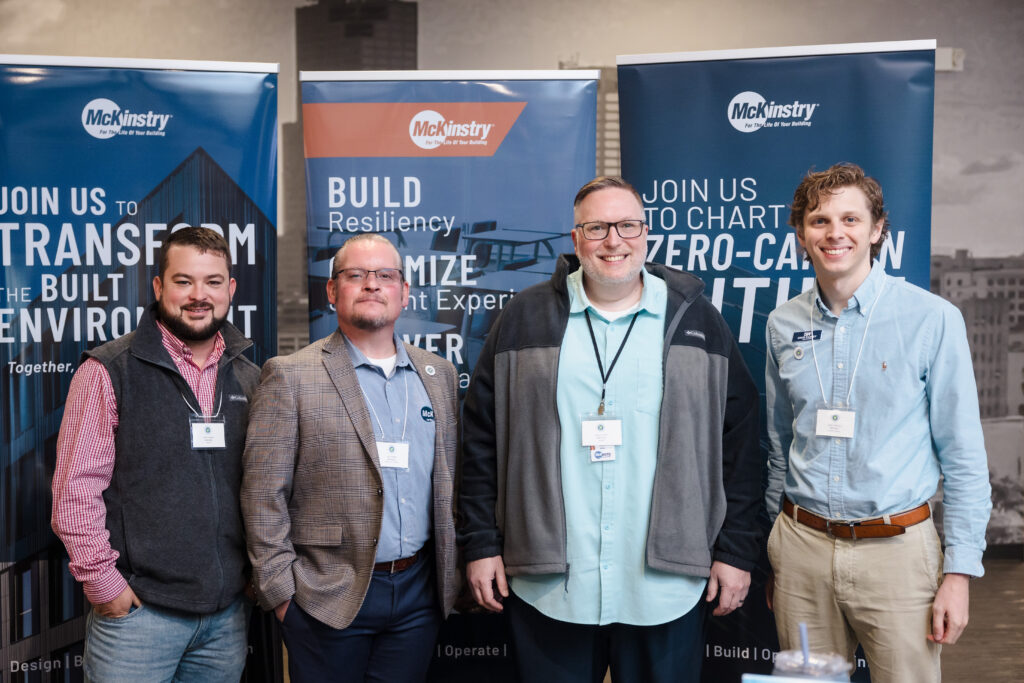
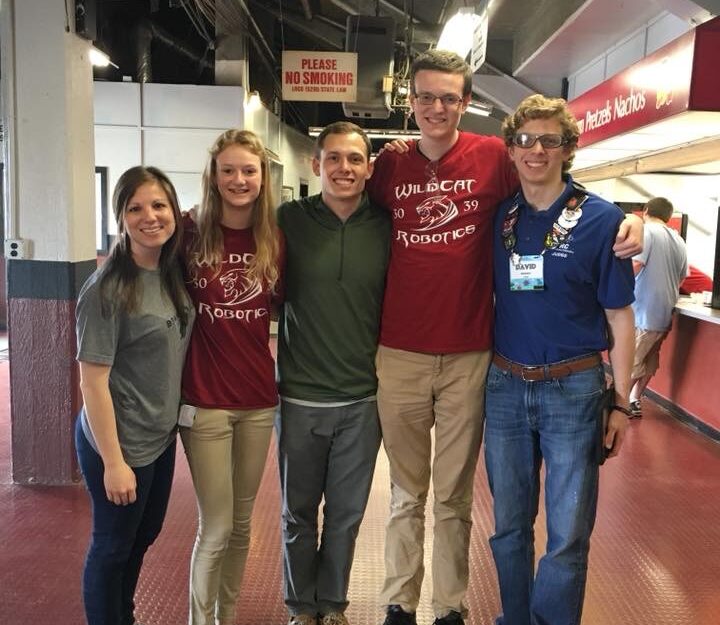
Explore Other Insights
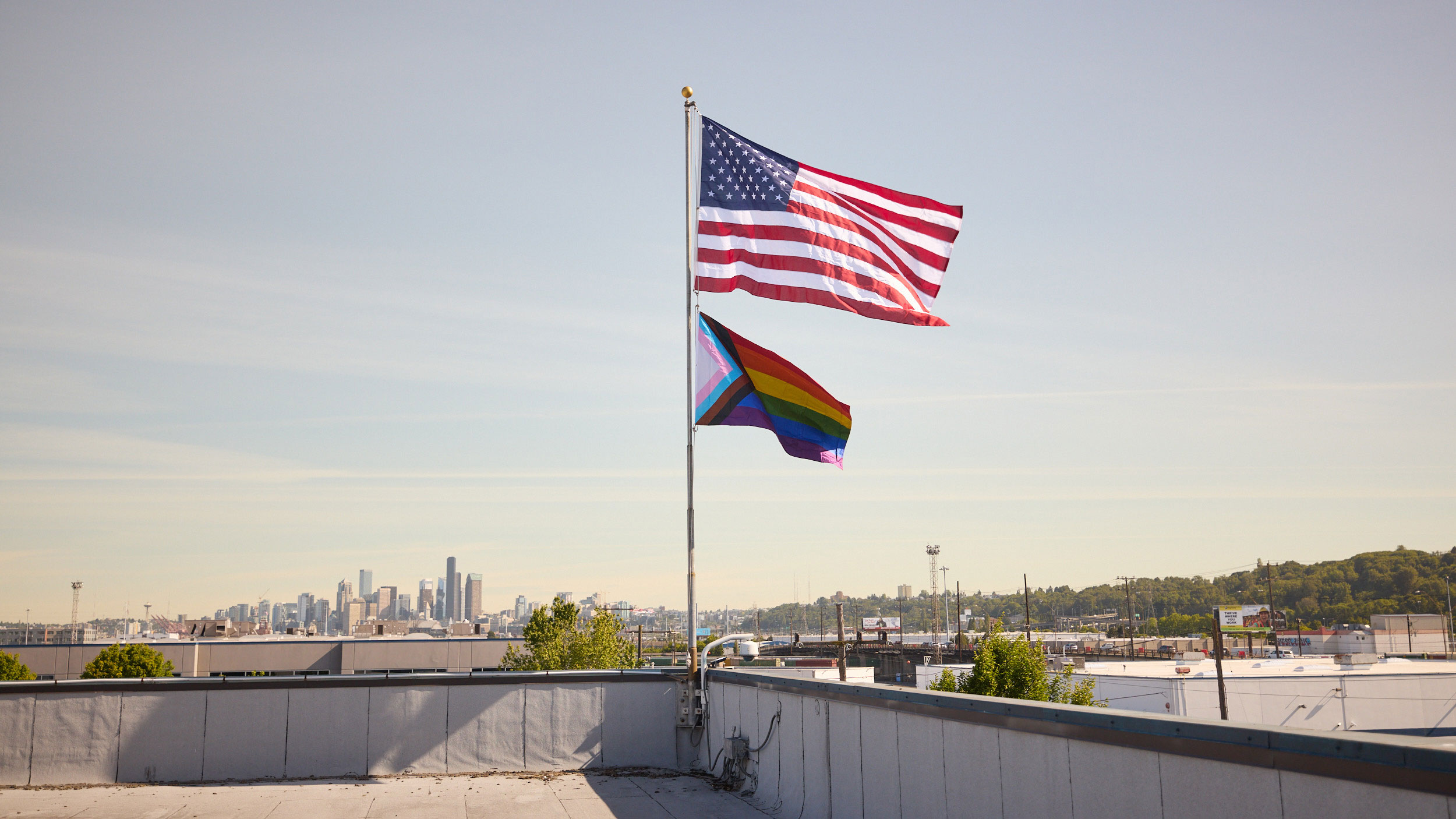
McKinstry’s Pride Alliance
McKinstry Alliances are our version of employee resource groups or affinity groups. Alliances are voluntary, employee…
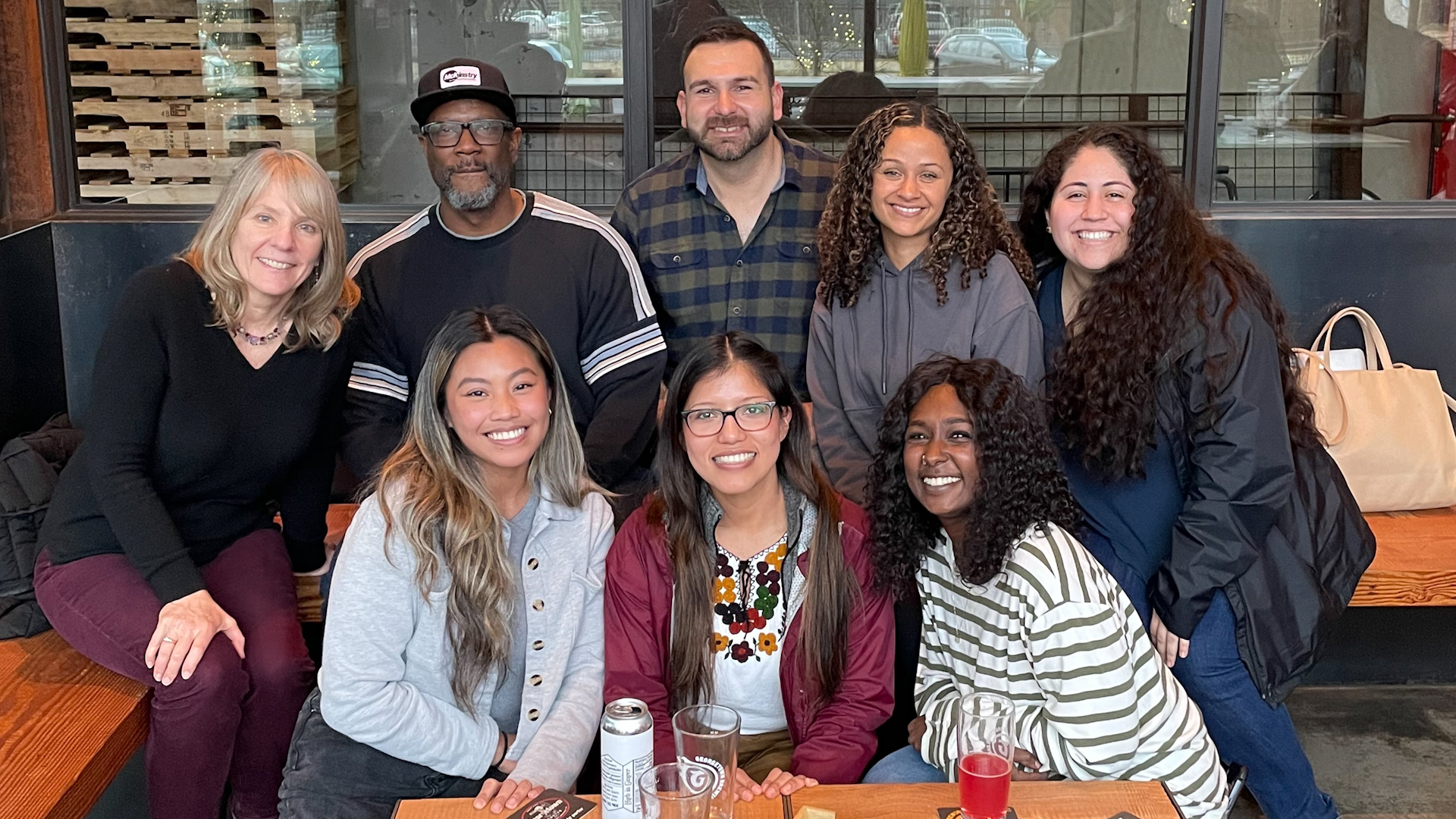
McKinstry Alliance Leader Reflects on Juneteenth Legacy
On June 19, 1865, months after the Civil War ended and more than two years after President Lincoln signed the Emancip…
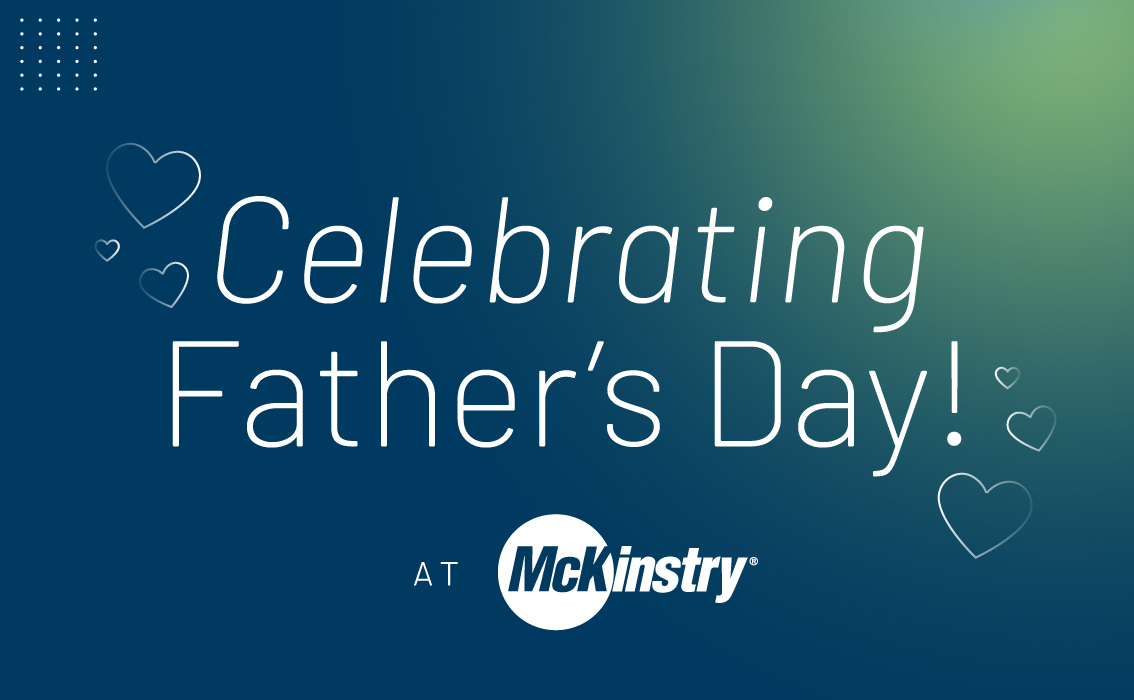
Celebrating Father’s Day
Father’s Day serves as an opportunity to recognize and celebrate those shaping lives and communities through fatherho…